Project Zero / Massachusetts Schools Network
Implementing portfolio assessment in Massachusetts schools
In collaboration with the Massachusetts Department of Education, Project Zero worked to help individual schools adopt portfolio assessment as part of a statewide school reform effort. The three-year initiative, which began in January 1994, brought together practitioners, policy makers, and researchers to explore how portfolios can be implemented to provide effective assessment of students and programs.
Five Massachusetts elementary and middle schools served as initial partners, and six other schools were added in subsequent years. These schools committed substantial time and resources to an ongoing school-wide review of the fit between curriculum, pedagogy and assessment practices. In this context, they explored the use of project-based curriculum and portfolios.
In addition, teams of teachers from participating schools met several times a year to share experiences, concerns, and discoveries. These meetings provided an opportunity for participants to compare portfolio models and designs they had developed. The network of schools continued to meet and grow as more schools joined the project.
The work was based on an approach to portfolio implementation developed by Project Zero over the past ten years. During its work on Arts PROPEL and the APPLE Project, Project Zero researchers collaborated with school staffs to design and use portfolios, to evaluate their effectiveness, and to document these processes. They examined the problems school staffs encountered as they implemented portfolio assessment, and how these problems could be addressed. For the Massachusetts Schools Network, Massachusetts Department of Education staff members worked together with researchers to refine and implement Project Zero's model for implementing portfolio assessment.
During the collaboration, the researchers developed materials in a variety of media that documented the work and could help other schools with the implementation process. These materials were shared with The New Standards Project and with its network of partner states and districts. The New Standards Project is a national organization developing performance and portfolio assessments for use by school districts and states, including Massachusetts.



-
-
-
-
-
-
Support PZ's Reach